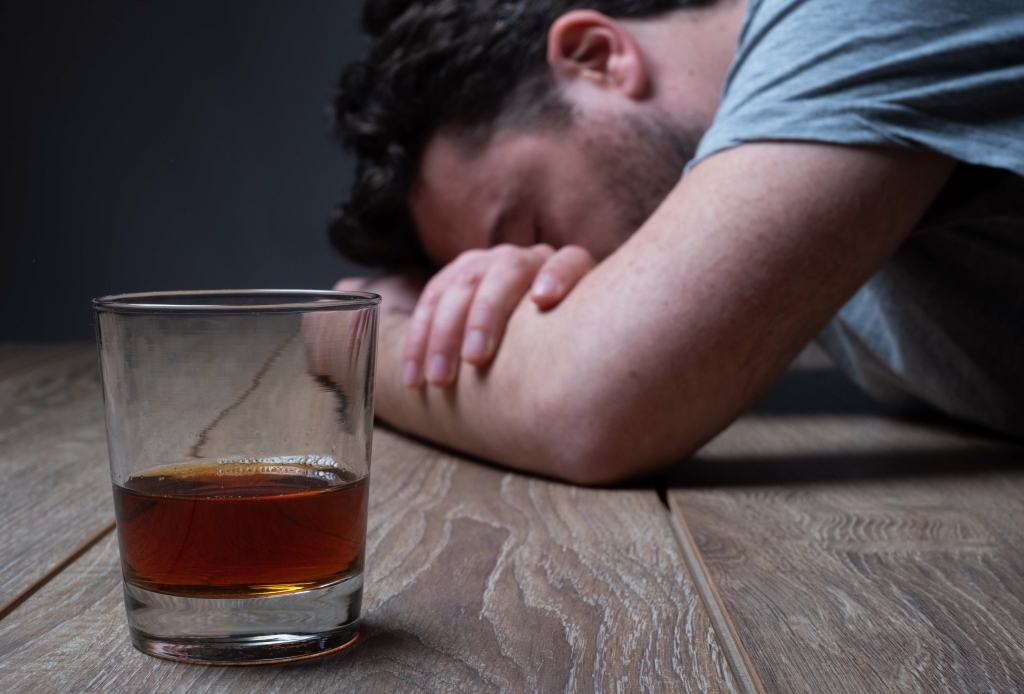Content
Researchers have found that low-to-blood thinners and alcohol drinking could reduce certain processes that lead to heart disease and inflammation. However, more research is necessary to determine whether alcohol use is directly responsible for these possible heart benefits. Blood thinners can also increase bruising and cause the formation of blood blisters. Some side effects specific to antiplatelet drugs include aspirin-induced asthma and the development of nasal polyps.
This increases your risk of bleeding and makes it advisable to avoid mixing alcohol and Pradaxa. Alcohol can also affect the action of platelets, which are the components of the blood that form clots. A 2016 review suggests that significant daily alcohol consumption increases the activity of platelets. About 30 grams of alcohol — equating to two standard drinks — can lower fibrinogen levels, which can affect blood clotting.
Articles On Alcohol & DVT
We do not receive any commission or fee that is dependent upon which treatment provider a caller chooses. Misusing alcohol when you have warfarin resistance may present added risks. Warfarin does not produce mind-altering effects like alcohol. It is a substance that creates urges or cravings to use more if you stop using it. On the other hand, however, alcohol misuse can lead to psychological and physiological dependence, which often happens before an alcohol use disorder develops. Garlic can prolong bleeding time and ideally should not be consumed within 7-10 days of a surgery.
Is it OK to exercise while on blood thinners?
Staying physically active is healthy, so don't stop your favorite exercise routines because you're using blood thinners. “Not only can you, but you should stay active,” says Granger. “Now, I wouldn't do anything crazy like jumping out of airplanes or getting into a boxing ring, but most things are okay.”
These drugs work by blocking the clotting process in the blood. What happens to your body after you take your first sip of alcohol? Learn the effects of drinking on your body and mental well-being. Of course, healthcare professionals are here to assist and support you along the way.
What Are Blood Thinners Used For?
Some unhealthy habitslike smokingcan thicken the blood, while drinking can thin the bloodby interferingwith the production and function of blood platelets . This interference can lower platelet numbers and have serious consequences, likeincreasing the risk of bleeding and stroke. Blood thinners are medications used to prevent and treat blood clots. Natural blood thinners are substances that reduce the blood’s ability to form clots. Clinical trials provide several recommendations for adults with blood clots.
- When a blood clot blocks the flow of blood to your heart, a heart attack can occur.
- It was concluded that caffeine has the capacity to inhibit the metabolism of warfarin and enhance its plasma concentration and hence anticoagulant effects.
- As a result, heavy drinking increases the risk of experience cardiovascular-related diseases such as heart attack and stroke.
Drinking a small amount can help people feel relaxed, but too much, too often, can be harmful for health. Drugwatch.com doesn’t believe in selling customer information.
Prevention Tips
It is important to understand exactly how alcohol can affect your body so that you can be aware of changes that occur. In some cases—if you experience bleeding gums or bruising, for example—you can simply call your doctor. Other times, an immediate trip to the ER or a call to 911 is imperative, says Dr. Alvarado, because some bleeding episodes can be life-threatening.

